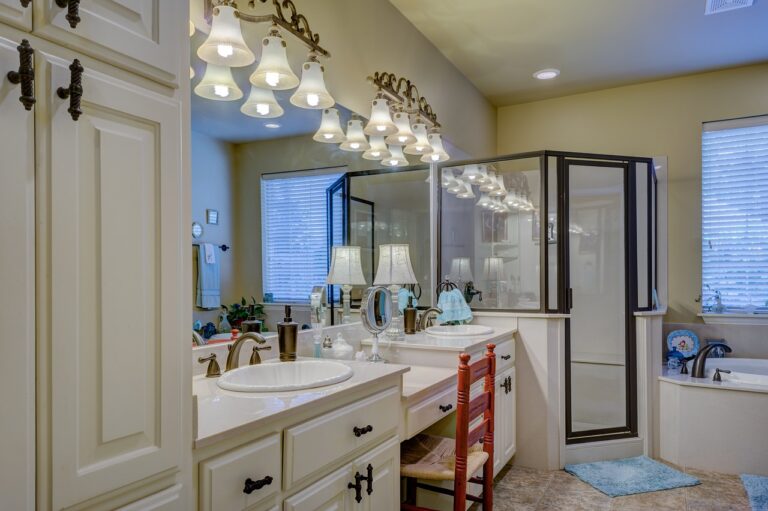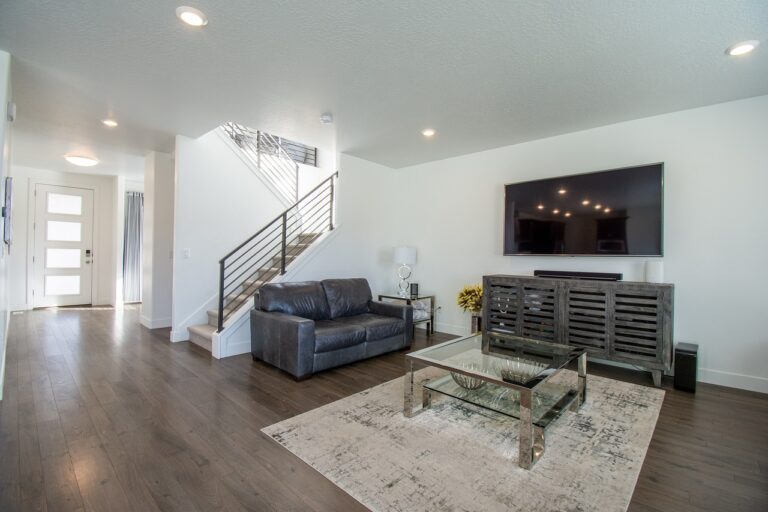The Role of Structural Engineering in Home Improvements
11xplay com, laser247, Skylivecasino Signup: Home improvements are a wonderful way to enhance the look, feel, and functionality of your living space. Whether you’re updating your kitchen, adding a new bathroom, or renovating your entire home, structural engineering plays a crucial role in ensuring your project is safe, stable, and up to code.
Structural engineering involves the design and analysis of structures, such as buildings, bridges, and dams, to ensure they can withstand various loads and forces. When it comes to home improvements, a structural engineer plays a key role in determining the feasibility of your project and ensuring that the changes you want to make won’t compromise the structural integrity of your home.
Here are a few key ways in which structural engineering can benefit your home improvement project:
1. Structural Assessments: Before you start any home improvement project, it’s important to have a structural engineer assess the existing condition of your home. They will look for any signs of damage, such as cracks in the walls or foundation, sagging floors, or water damage. This assessment will help determine if your home can support the changes you want to make and if any upgrades or repairs are needed.
2. Design Support: A structural engineer can work with you and your architect or designer to come up with a safe and effective design for your home improvement project. They will ensure that the design meets all building codes and regulations, as well as industry standards for structural integrity.
3. Foundation Design: If you’re adding onto your home or building a new structure, a structural engineer can design the foundation to support the additional weight and loads. They will consider the soil conditions, building materials, and local building codes to create a stable and durable foundation.
4. Load-bearing Walls: Removing or altering load-bearing walls can significantly impact the structural integrity of your home. A structural engineer can determine which walls are load-bearing and how to safely remove or modify them to achieve the desired layout and design.
5. Roof Design: If you’re adding a new roof or making changes to your existing roof, a structural engineer can design the roof structure to support the weight of the roof materials and any additional loads, such as snow or wind. They will also ensure that the roof meets building code requirements for safety and durability.
6. Permits and Inspections: Structural engineers can help you navigate the permit process and work with building inspectors to ensure that your home improvement project meets all regulatory requirements. They can provide the necessary drawings, calculations, and documentation to demonstrate the structural integrity of your project.
In conclusion, structural engineering plays a vital role in home improvements by ensuring that your project is safe, stable, and up to code. By working with a qualified structural engineer, you can make the home of your dreams a reality while ensuring that your investment is protected for years to come.
—
**FAQs**
Q: Do I need a structural engineer for my home improvement project?
A: It’s always a good idea to consult with a structural engineer before starting any major home improvement project, especially if you’re making structural changes to your home.
Q: How much does it cost to hire a structural engineer?
A: The cost of hiring a structural engineer will vary depending on the scope of your project, the engineer’s experience, and your location. It’s best to get multiple quotes and compare services before making a decision.
Q: Can a structural engineer help with small home improvement projects?
A: Yes, a structural engineer can provide valuable insights and guidance for any size home improvement project, from minor renovations to major additions.
Q: How long does it take to get a structural engineer’s assessment?
A: The timeline for a structural engineer’s assessment will depend on their availability and the complexity of your project. It’s best to schedule an assessment as early as possible in the planning process.
Q: What if my home improvement project doesn’t require a structural engineer?
A: While not all home improvement projects require the expertise of a structural engineer, it’s always a good idea to consult with one to ensure the safety and stability of your renovations.







